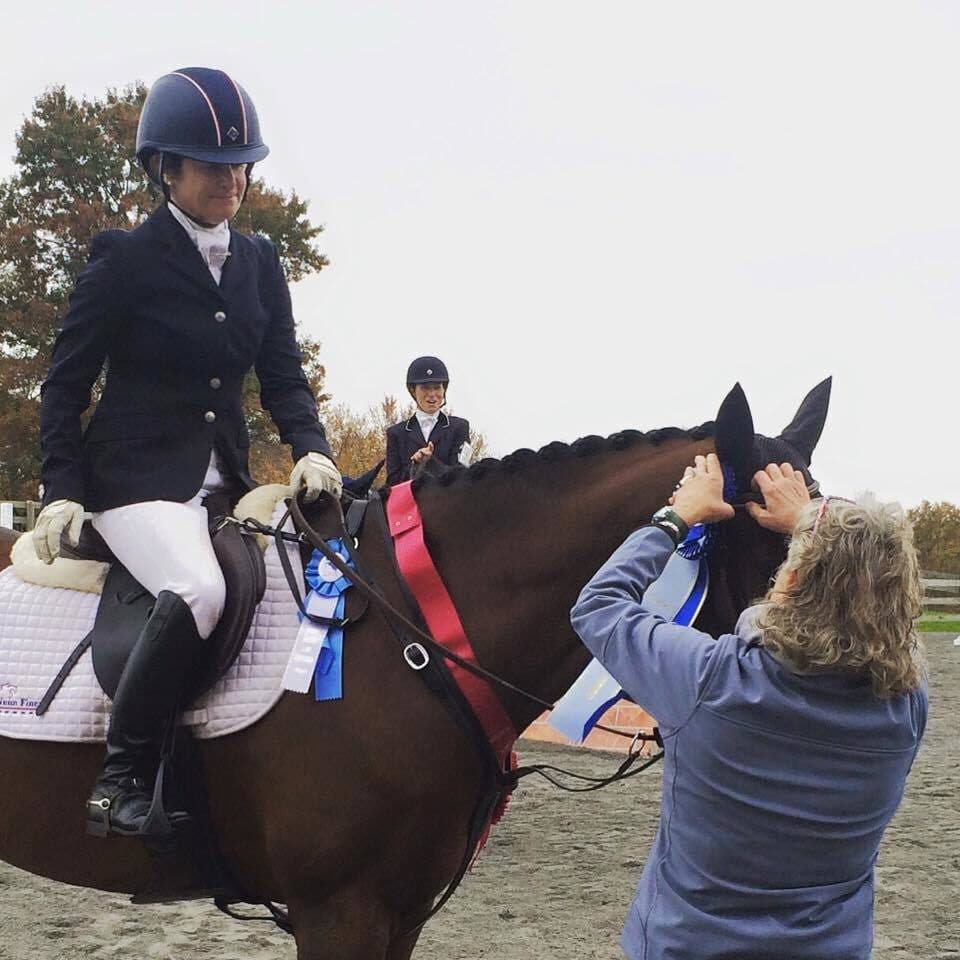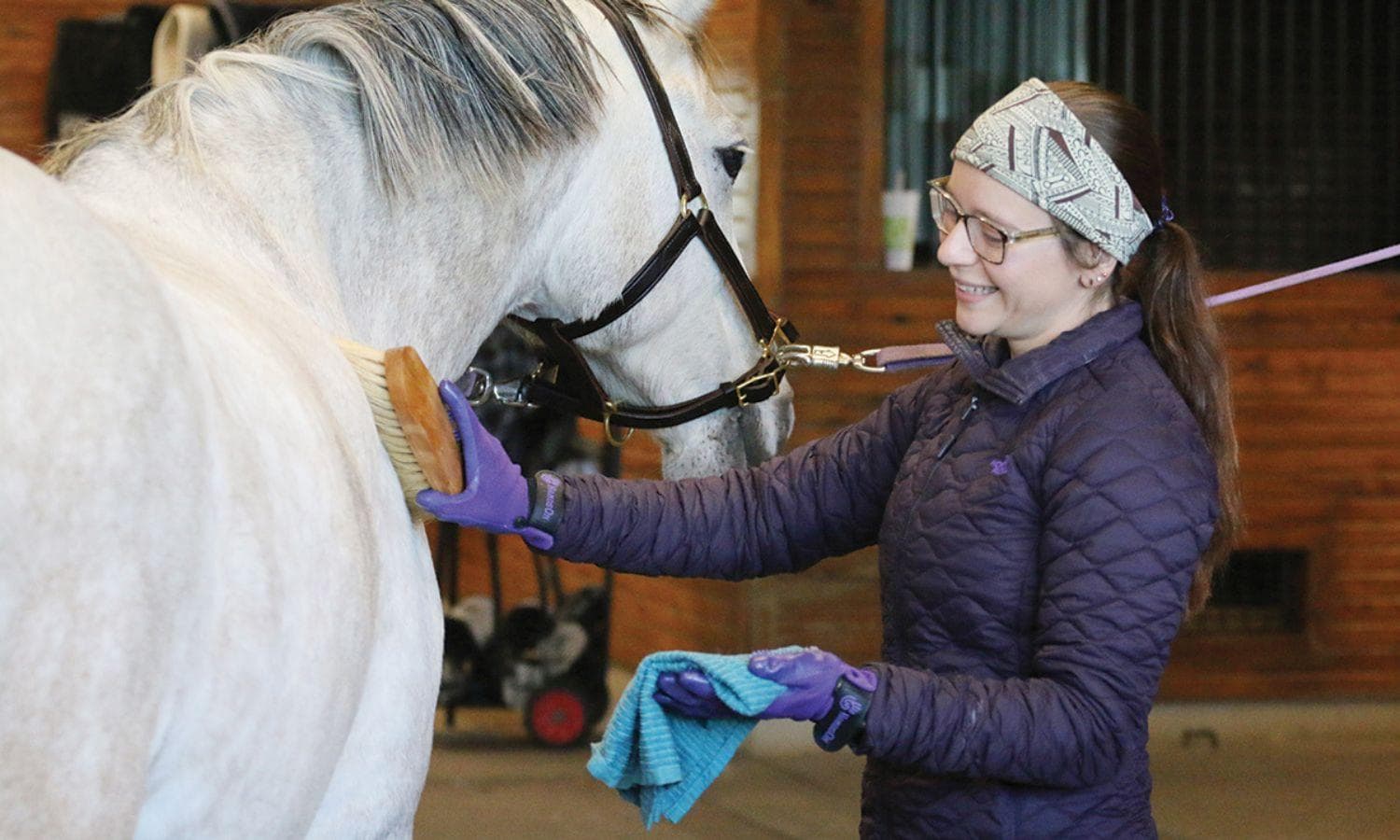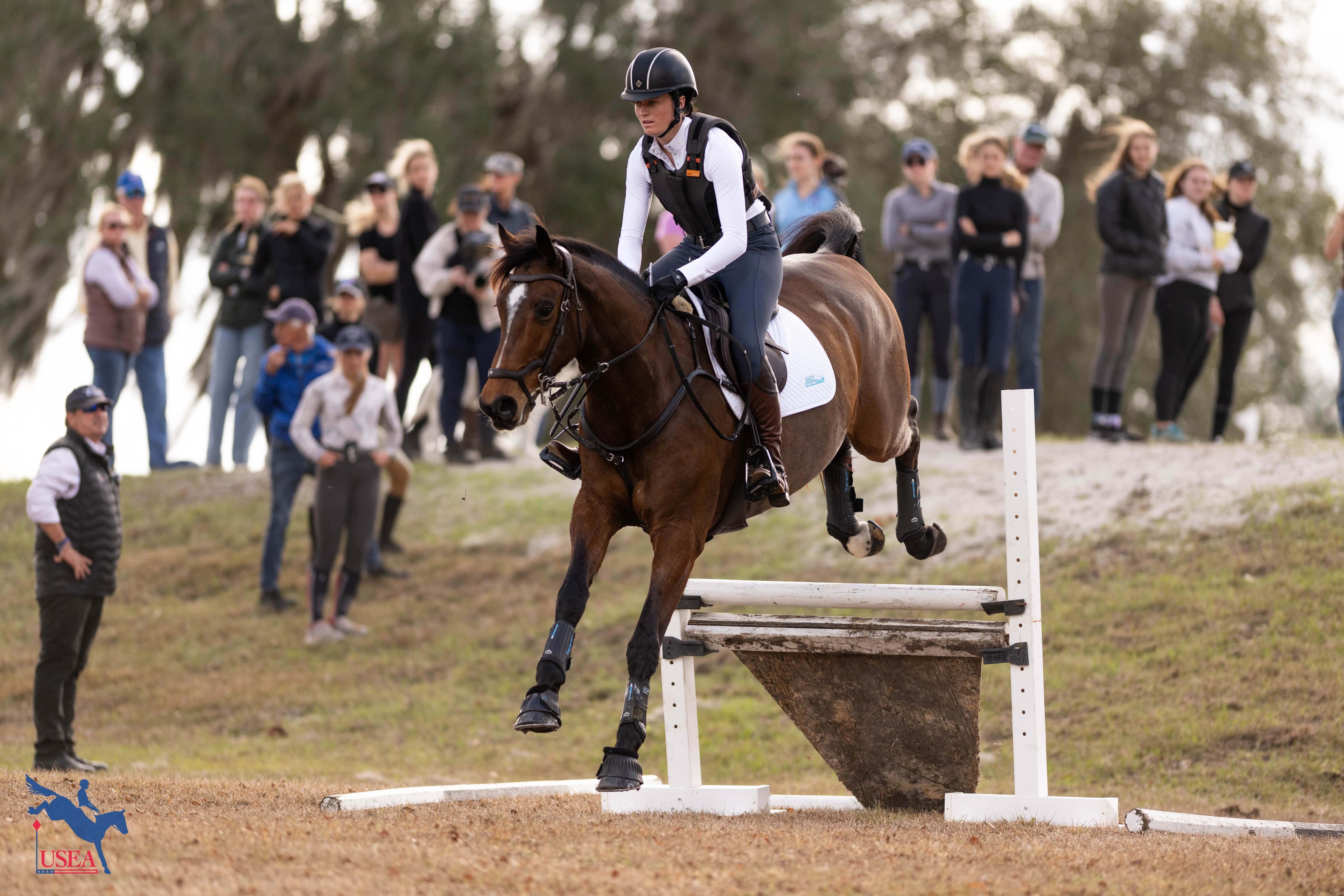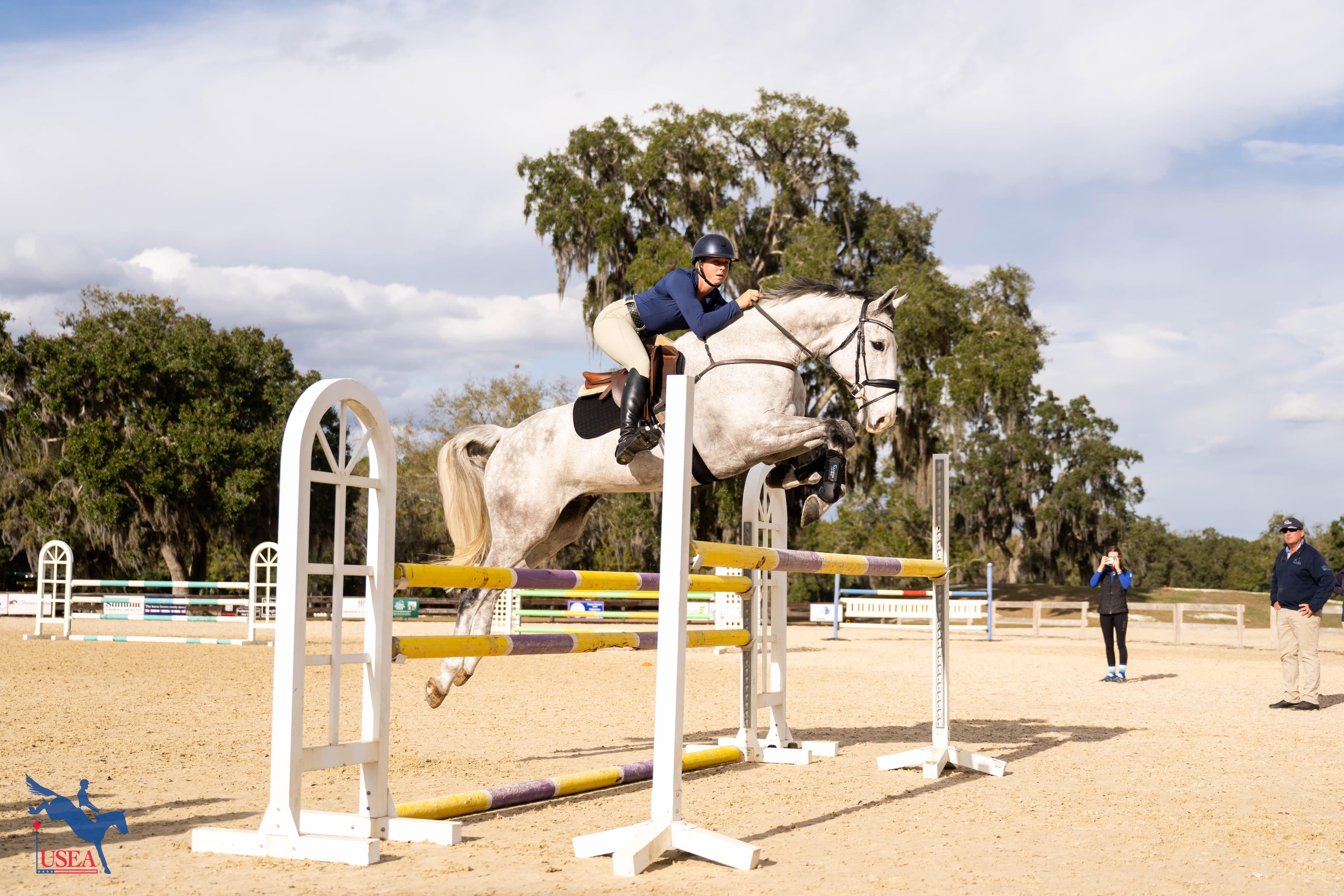Q&A With a Three-Day Winner - Carol Kozlowski

This article has been reprinted from Waredaca Talk.
Q: It’s been 13 years since the switch to the short format for the Athens Olympics—yet the long format remains a hot topic. Why do you think the eventing community has kept the conversation alive despite the slim chance of its return?
A: From the early days of our sport, the “long format” – at any level- was considered the pinnacle of achievement, the ultimate test. Thirteen years ago, the FEI directed our national upper levels to adopt the “short format” as the ultimate test. The “speed and endurance day” was truncated with the roads and tracks/steeplechase/roads and tracks phases eliminated. The new format is, theoretically, a more modern way of testing our elite athletes and preserving their welfare. I won’t belabor the argue nets supporting or detracting from the validity of this move but it’s undeniable that the decision to “modernize” our sport was not an entirely popular one. The notion that “the complete test” was truly outdated never really was accepted by many event riders in this country, most notably those riding at the lower levels.
In a way, a statement was made in this country that the lower levels would not be dictated to by a foreign body these riders did not feel a sense of obligation to follow. In preserving the tradition of our sport, even if only on a national level, we’ve honored our roots.
Furthermore, what better way to test horse and rider, at ANY level, than to challenge them with a long format eventing competition? It’s a goal that nearly every level rider can set their sights on, requiring greater determination, dedication, and perseverance than a standard horse trial. A long format event is special. It’s grueling and a completion is truly an accomplishment. Without diminishing the abilities of our upper level athletes who are successful in FEI competition, the long format is the pinnacle for those riders who aren’t likely to compete on the world stage. They can train just as meaningfully and as determinedly and I believe it’s that sense of accomplishment that’s kept the long format alive in this country.
Q: As a previous winner of the Waredaca Classic Three-Day, what can you tell us about the experience? How does it compare to your other eventing experiences?
A: I’ve given my talented but fragile-minded young horse quite a bit of time at each level before moving up and a few years ago I thought doing the Waredaca Classic Three-Day would be a good end-of-season test for him. He’s always been very spooky jumping, especially cross-country, and I wanted to test whether doing the road and tracks and steeplechase would settle him enough that he would leave the start box more confidently on cross-country. I felt a Training Three-Day would be just physically demanding enough, as he’d done two Preliminary events earlier in the season. Well….I’ve had enough experience doing long formats (I was lucky enough to ride at such events as Radnor, Chesterland, Bromont, Morven Park, Ledyard and even christening the new courses at The Virginia Horse Center) to know that spending about 45 minutes warming up for cross-country trotting around and then REALLY galloping on steeplechase usually produces a horse that bursts out of the box on cross-country and is in front of my leg! Not so with this horse, at Waredaca I had to ride pretty hard the first part and my notion that he’d attack the course after the first three phases didn’t really pan out. I had to kick! But that’s not the norm, nearly everyone who’s done long format will tell you their horses are ready to GO, no warm-up jumps needed for those ninja warriors!
Carol and Main Attration AKA Matthew on their way to winning the 2015 Training Three-Day.
I have to say that everything I did at Waredaca felt true to the heart of the long format. Again, having experience from “the old days” helped my cause, but it was clear everyone competing there were absolutely serious about every aspect of the competition. I’d forgotten how exhausting and how rewarding the Three-Days were and I was really proud that my youngster held it together for the win. I probably put more effort into that ride than some of my upper-level horses and I was really glad I took advantage of the opportunity to compete there. The fact that it was an educational competition was also a great help, I was clearing some cobwebs of my own!
Click here for more information about the Three-Day.
Click here to follow Three-Day action on Facebook.
About Carol Kozlowski
"I’ve been an active competitor for over 30 years, graduate “A” Pony Clubber and competed through CCI3*. I’m a veteran of numerous “long-format” events, coaching the Area II Young Riders to Gold medals in the long-format the final year it was run as such in 2003. Most recently won Waredaca Training Three-Day in 2015. I’m based out of my farm “Mothersfield” in Avon, NY, where I still teach and train and try to find time to compete when I’m not wearing my President of USEA hat!"














